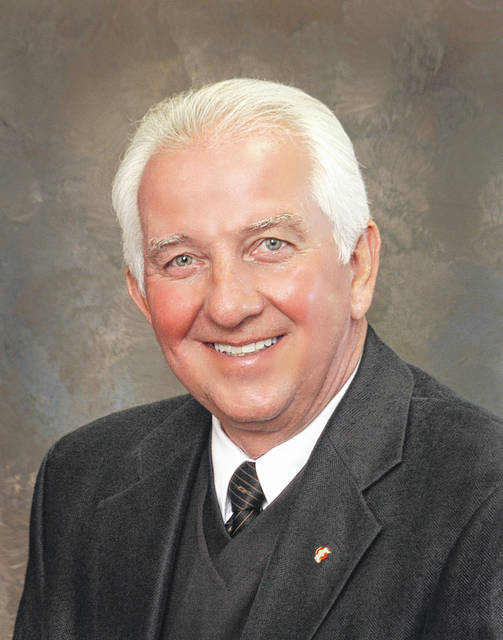
COLUMBUS – Than Johnson, CEO of CRSI (Champaign Residential Services Inc.), testified Monday before the Ohio House of Representatives’ Finance Subcommittee on Health and Human Services concerning proposed rate increases for “direct support professionals” serving people with developmental disabilities.
Speaking on behalf of the Ohio Provider Resource Association, for which he was president six years, he noted the association represents 160 private provider organizations serving over 32,000 people with disabilities and employing over 24,000 workers.
Headquartered in Urbana, CRSI is a non-profit private provider of services for nearly 700 people with disabilities in the state, Johnson said.
Johnson and others encouraged the subcommittee to retain a proposed 11 percent rate increase in the budget proposed by the state Department of Developmental Disabilities (DODD), according to the Gongwer News Service-Ohio.
“The most pressing, critical issue today in our services is the workforce crisis,” Johnson said in his testimony. “We cannot stress firmly enough the chronic challenge of finding an adequate pool of eligible workforce … The solutions are varied, but much depends on the ability to attract a workforce that is provided an appropriate wage and benefits and that allows us to compete with other health care entities.
“The increase in the budget for direct service providers will help, but an even higher wage increase will likely be needed in the future to allow providers to continue to compete with other employers,” he said.
He said the DODD wage proposal would put starting wages near $12.38 for direct support professionals.
Johnson said the association also supports DODD’s request to increase On Site, On Call wages, “which will bring the current unfunded mandate of paying minimum for (On Site, On Call) to equal level as the current minimum wage. The current (On Site, On Call) wage was based on a minimum wage of $5.15 with little increase over the years.”
He said nearly 100 percent of association members are reimbursed through state and federal Medicaid funding.
Johnson added that the association supports removing requirements for a GED for direct support professionals “until the crisis is ended. We also see this as an opportunity to potentially hire more individuals with disabilities within our work force.”


